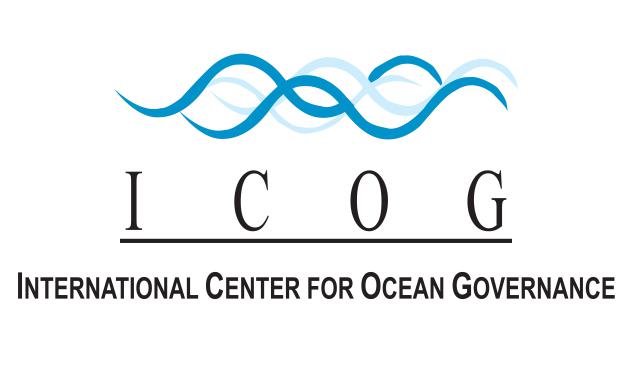Short-term Plan:
- Capacity Building:
- Organize workshops and seminars, inviting experts (even virtually) to share knowledge.
- Foster collaboration with other regional or global research institutions.
- Baseline Data Collection:
- Conduct basic research to understand the current state of marine resources, local fisheries, and challenges faced.
- Initiate data-sharing agreements or collaborations with local and regional stakeholders.
- Raise Awareness:
- Engage with local communities, fisherfolk, and policymakers to spread awareness of sustainable fishing practices and marine conservation.
- Secure Funding:
- Apply for grants, both local and international.
- Collaborate with NGOs and international bodies on shared goals to pool resources.
Mid-term Plan:
- Policy Recommendations:
- Based on research findings, develop policy recommendations for sustainable fisheries, marine conservation, and pollution control.
- Expand Collaborations:
- Strengthen ties with regional institutions, especially in the Bay of Bengal region, to address shared challenges.
- Develop Localized Ocean Governance Framework:
- Inspired by Australia's Bioregional Plans, create localized frameworks tailored to Bangladesh's unique marine challenges and ecological characteristics.
- Educational Programs:
- Launch certificate courses or training programs in marine biology, conservation, and ocean governance.
Long-term Plan:
- Establish Marine Protected Areas:
- Advocate for and support the establishment of marine protected areas in Bangladesh's territorial waters.
- Climate Resilience:
- Research and develop strategies to mitigate the impacts of climate change on marine ecosystems, especially in the context of rising sea levels and increased cyclonic activities.
- Sustainable Blue Economy:
- Promote the sustainable use of marine resources, balancing economic growth with conservation.
- Extend Research Scope:
- Venture into deeper and more comprehensive research areas, including the study of deep-sea resources, maritime trade and law, and marine biotechnology.
Throughout these phases, continuous engagement with policymakers, local communities, and international partners is crucial. The centre, though small, can serve as a hub of knowledge and expertise, driving forward Bangladesh's ocean governance agenda.
